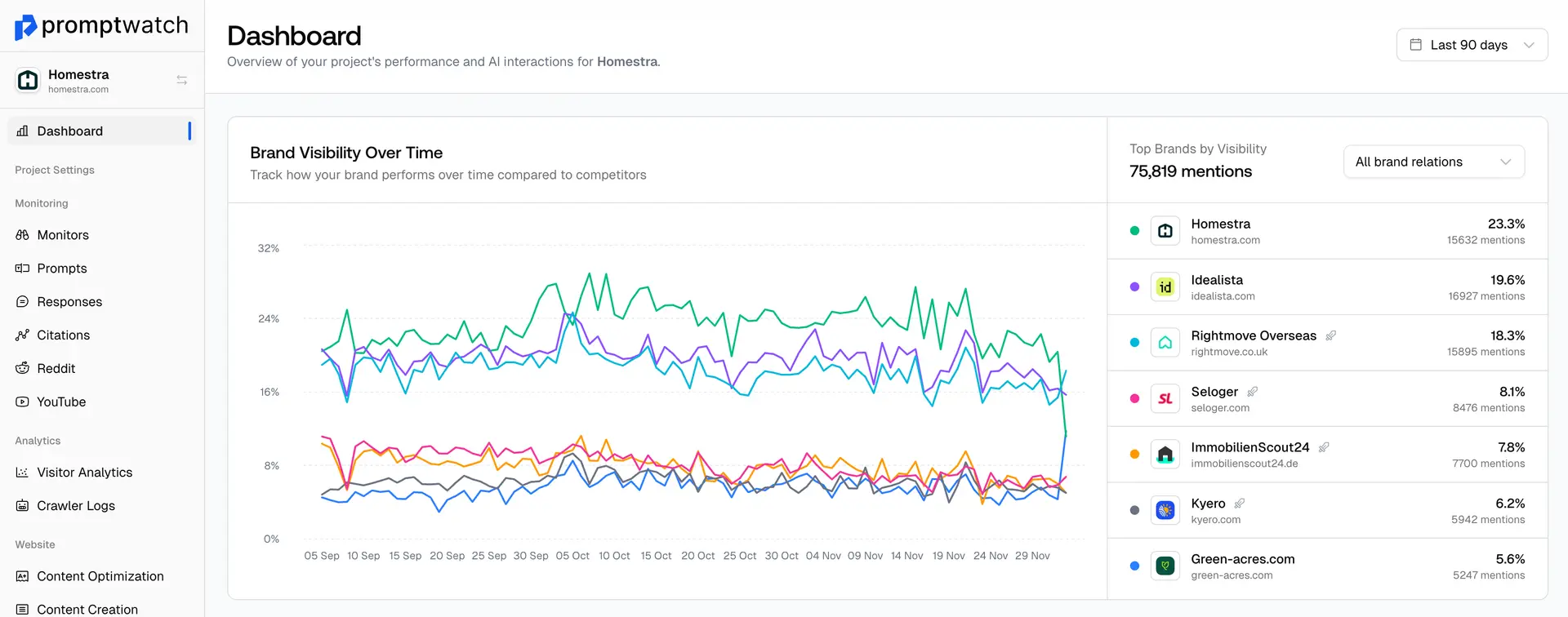Definition
Generative AI Search represents a fundamental shift in how people discover and consume information, moving from traditional link-based search results to AI-generated responses that synthesize and summarize information from multiple sources. This new search paradigm combines the capabilities of large language models with real-time information access to provide comprehensive, conversational answers.
Unlike traditional search engines that return lists of relevant links for users to explore, generative AI search systems like ChatGPT, Claude, Perplexity, and Google AI Overviews create original responses by combining, analyzing, and synthesizing information from their training data and real-time sources. This approach provides users with direct answers while maintaining source attribution through citations and references.
The generative search process involves understanding user intent and query context, retrieving relevant information from multiple sources, synthesizing and organizing that information into coherent responses, providing source citations for verification, and enabling follow-up conversations and clarification requests.
For businesses, generative AI search presents new opportunities for visibility and authority building. Being cited in AI-generated responses can provide significant exposure and credibility, but it requires different optimization strategies than traditional search engine optimization.
Key characteristics of generative AI search include conversational interaction capabilities, comprehensive answer synthesis, source attribution and citation, real-time information access, and adaptive responses based on user feedback and clarification requests.
Optimizing for generative AI search requires creating content that's easily extractable and synthesizable, building clear authority signals, providing comprehensive topic coverage, maintaining factual accuracy, and ensuring content aligns with how AI systems evaluate and select sources for their responses.
Examples of Generative AI Search
- A user asking ChatGPT for restaurant recommendations and receiving a synthesized response with specific suggestions and reasoning
- Perplexity AI generating a comprehensive explanation of a complex topic by combining information from multiple authoritative sources
- Google AI Overviews providing step-by-step instructions synthesized from various how-to guides and expert sources
- Claude creating detailed analysis by combining research findings from academic sources with practical insights from industry experts
